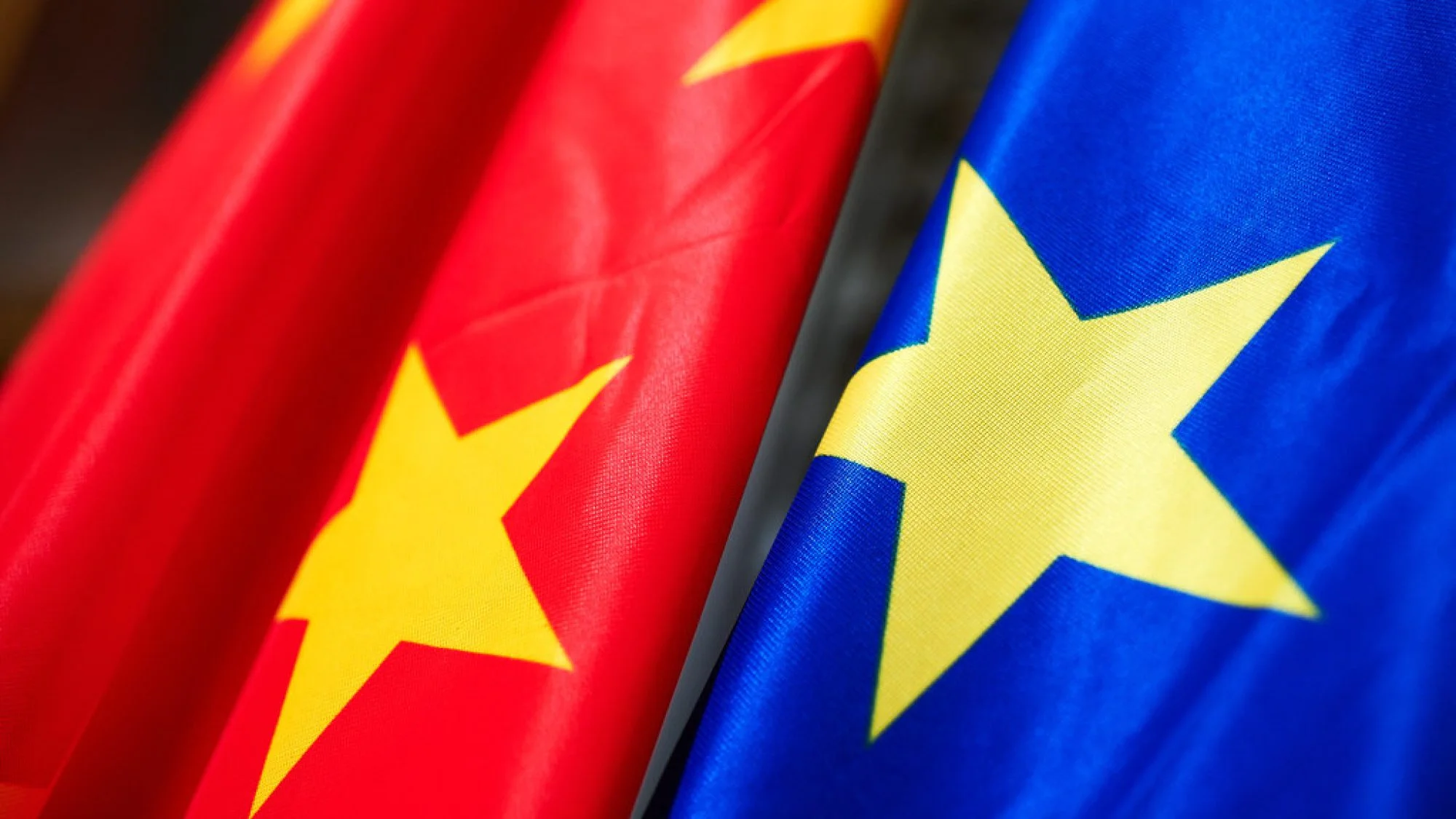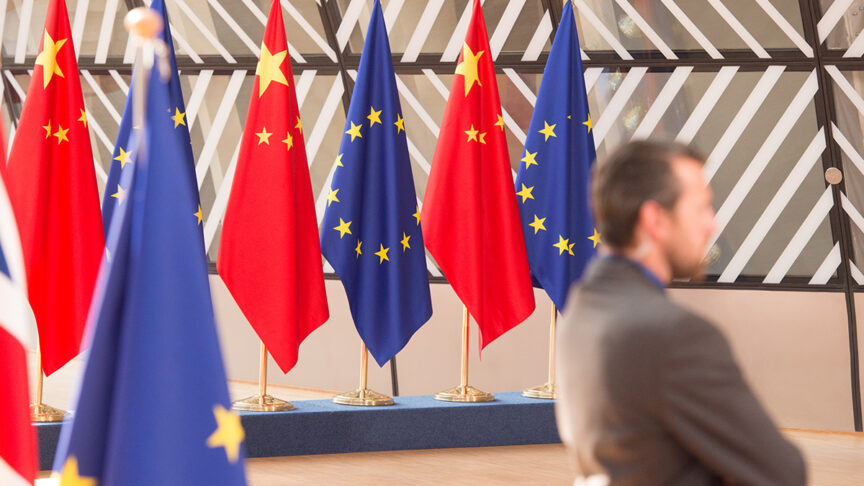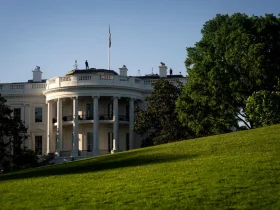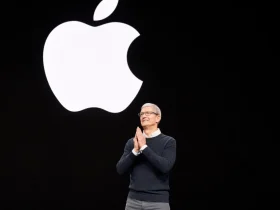Trade tensions between Europe and Beijing are anticipated to intensify as China’s capacity to manufacture competitively in strategic sectors continues to grow, warns Jens Eskelund, the president of the European Union Chamber of Commerce in China.
Eskelund emphasized Europe’s inability to ignore the pricing pressures facing vital industries that constitute its industrial foundation.
He stressed the significance of these trade dynamics, suggesting that they transcend economic concerns and pose potential security risks, a factor he believes might not be fully grasped by China.

This emphasis on manufacturing, coupled with increased investment and state support, has led to worries about price wars resulting from surplus production.
Eskelund highlighted widespread concerns about overcapacity across various sectors, including chemicals, metals, and electric vehicles, suggesting that this surplus production capacity could begin to impact markets in the coming years.

The chamber’s report, jointly authored with China Macro Group and released recently, underscores the growing political risks for European businesses in China.
The report points to a significant increase in references to security in China’s latest five-year plan, signaling a heightened emphasis on coordinating development and security across various ministries.
Despite not being directly targeted in the U.S.-China trade tensions, European businesses are already feeling the impact. One unnamed executive in the advanced manufacturing sector cited in the report expressed concerns about China’s dominance in sourcing while facing challenges in selling European auctions due to pricing differentials.
Eskelund also highlighted the imbalance in trade flows, with China increasingly exporting more goods to Europe compared to the reverse. This trend has led to worries about Europe’s import underperformance relative to China’s export achievements.







Leave a Reply